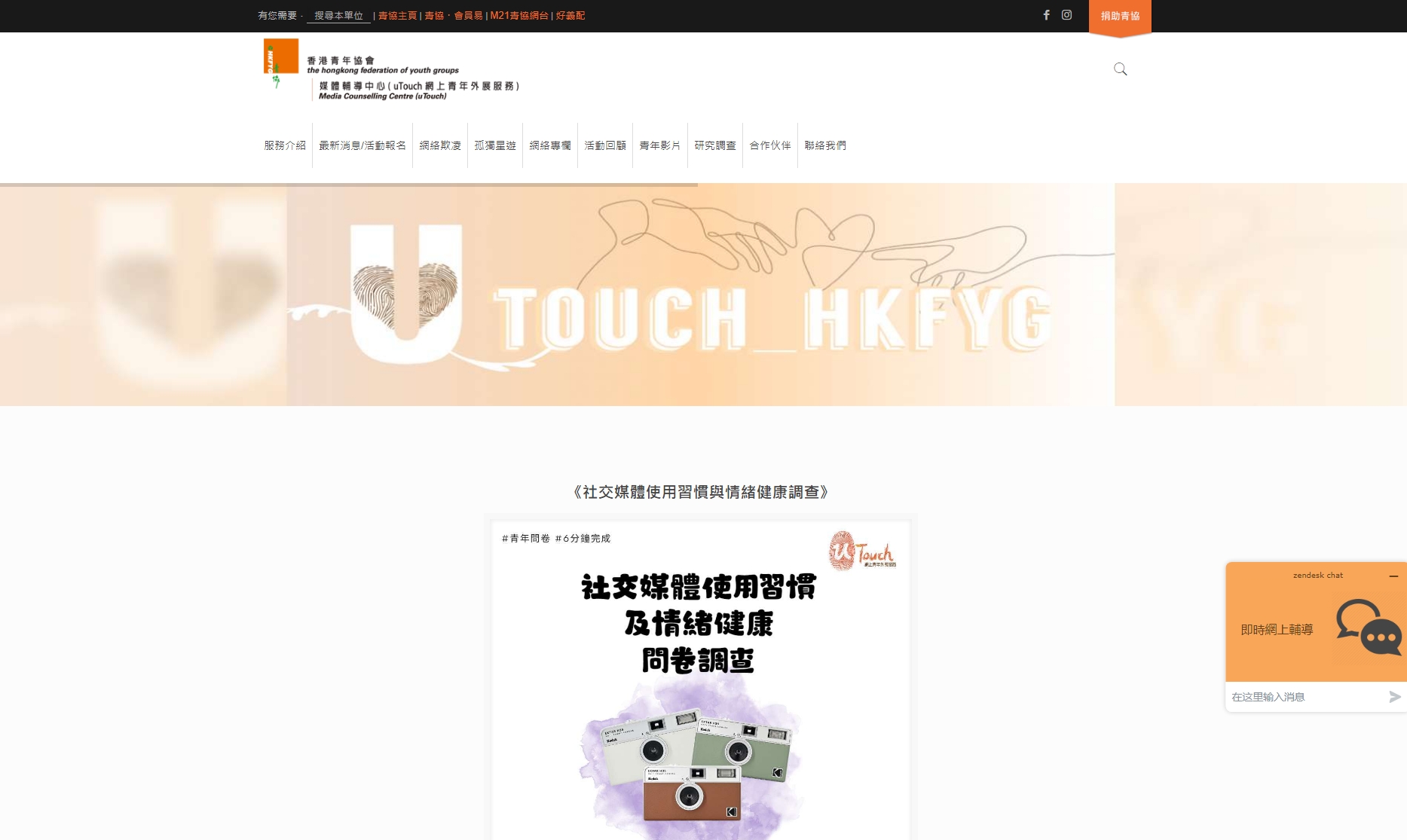
Project Implicit - Harvard University
Project Implicit is a collaborative research effort that provides tests to measure implicit attitudes and beliefs. It covers topics like social attitudes and health-related associations.

Introducción Detallada
Project Implicit is a 501(c)(3) non-profit organization and international collaborative of researchers who are interested in implicit social cognition. Project Implicit was founded in 1998 by three scientists – Dr. Tony Greenwald (University of Washington), Dr. Mahzarin Banaji (Harvard University), and Dr. Brian Nosek (University of Virginia). Project Implicit Health (formerly Project Implicit Mental Health) launched in 2011 and is led by Dr. Bethany Teachman (University of Virginia) and Dr. Matt Nock (Harvard University). Project Implicit offers a range of Implicit Association Tests (IATs) to explore unconscious biases related to race, gender, sexual orientation, and other topics. It aims to advance understanding of implicit social cognition. The mission of Project Implicit is to educate the public about bias and to provide a “virtual laboratory” for collecting data on the internet. Project Implicit scientists produce high-impact research that forms the basis of our scientific knowledge about bias and disparities.
MásOrganizaciones Sin Fines de Lucro

Iowa Public Health Association
The Iowa Public Health Association is a non-partisan, nonprofit membership organization of public health professionals and allies, working to educate the public and influence policy-makers on critical public health matters.

uTouch – Hong Kong Federation of Youth Groups Counseling Center (Online Youth Outreach Service)
uTouch is a one-stop online platform designed for young people, offering various types of information, interactive sharing, professional assessments, and online psychological counseling services.

Association for Humanistic Psychology – AHP
In the twenty-first century, the Association for Humanistic Psychology is committed to translating new knowledge and science into humanistic applications and approaches to further the wisdom, purpose, and consciousness of individuals and communities. AHP seeks to influence other fields so that Humanistic Psychology becomes the lens through which humanity can understand and shape an evolving world. When we comprehend how humanistic values and themes can impact new developments and world events, and vice versa, we are better able to promote growth, awareness, interdependence, and peace.